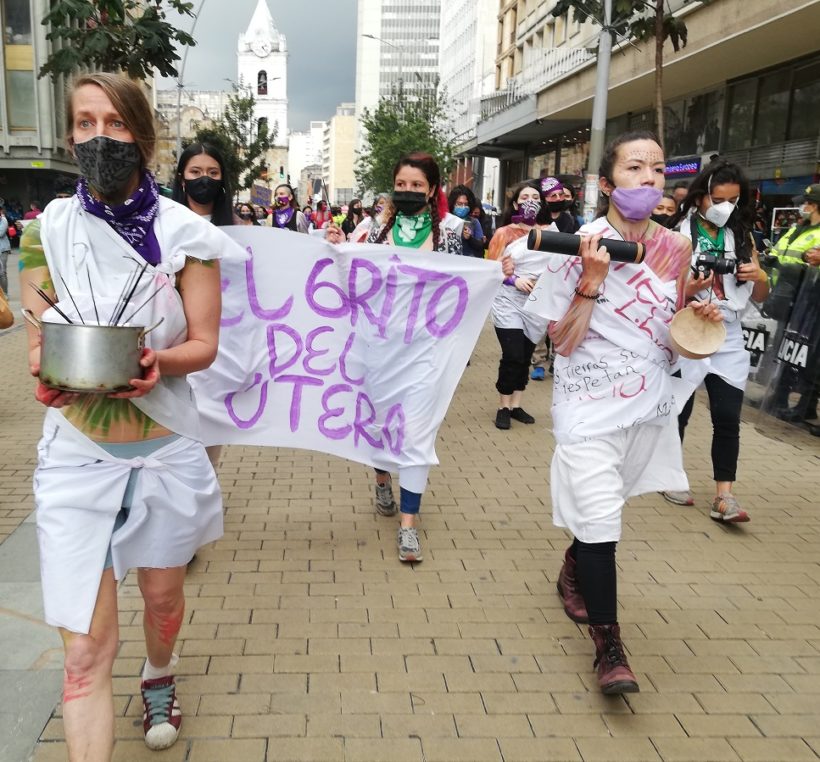The Constitutional Court ruled, on 21 February, in favour of decriminalising abortion to make the procedure viable up to 24 weeks or six months of gestation.
After more than 500 days since Causa Justa filed the lawsuit to eliminate the crime of abortion from the Penal Code, the magistrates of the Constitutional Court left five votes in favour and four against the decriminalisation of abortion up to 24 weeks.
In addition, the Constitutional Court indicated that it did not eliminate the crime of abortion from the Penal Code, but rather extended the time in which this procedure can be carried out safely, and after the weeks stipulated by the judicial body, Ruling C-355 of 2006, which establishes the three grounds for the termination of pregnancy, remains in place.
The first situation is when the health or life of the mother is at risk, followed by if the pregnancy is the result of rape or incest, and if the fetus is malformed.
The facts that were not covered by the law, before 21 February, could provide women with a custodial sentence of up to four and a half years’ imprisonment.
The Court’s decision in four steps:
- Recognition of freedom: The Court’s ruling allows Colombia to move forward in the recognition of women’s rights and their rights over their bodies. It is also the first country in Latin America to have a broad time limit for voluntary termination of pregnancy (IVE).
- Women have autonomy over their bodies: The ruling allows women to have access to the right to decide about their bodies. The Court also recognises that women and girls living in rural populations and in places where they are in vulnerable situations can no longer be criminalised after having an abortion, up to 24 weeks of gestation.
- Mixed model: The Constitutional Court determined to extend the period for performing an abortion, without any punitive penalty, until the sixth month of pregnancy; however, after this time, the three exclusive cases in which an abortion can be performed, as established in sentence C-355 of 2006, will be applicable.
The EPS will have to carry out the IVE: Women will be able to go to their Health Promoting Entity (EPS) to request a voluntary termination of pregnancy, if they wish, and the health entities will be able to carry out these procedures without facing criminal proceedings.
A step towards full decriminalisation
The decriminalisation of abortion up to the sixth month of gestation means that “the state must implement a policy that guarantees the termination of pregnancy under adequate conditions of health, safety and psychological support for women,” said Dora Cecilia Saldarriaga, Councillor of the Political Movement Estamos Listas.
The state must also balance the balance between the right to abortion and conscientious objection. It will have to give doctors the possibility not to terminate pregnancies if it goes against their precepts. At the same time it will have to provide women with a list of places where they can have the procedure done safely.
Finally, in “the future it is expected that decriminalisation of abortion will not have any limitations. On the contrary, after the implementation of better sexual and reproductive education policies, women will be able to carry out this type of procedure without any legal obstacles,” added Saldarriaga.












